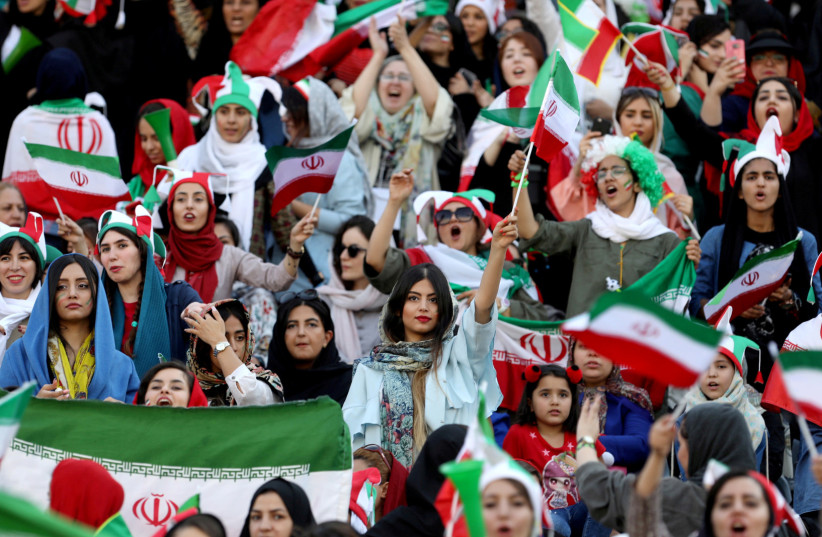Security forces for the Islamic Republic of Iran killed a general surgeon who was protesting along with doctors in front of the Tehran Medical Council on Tuesday.
The London-based Iran International news outlet reported on Saturday that the surgeon Parisa Bahmani, from Zanjan, was killed as a result of a shot to her head.
According to the statement by Iran’s Medical Council, Bahmani "died in a car crash and the news regarding her killing by security agents is not true. However, the death of Dr. Bahmani is under investigation, and the result will be announced soon.”
A fresh round of physician protests unfolded on Saturday in front of Medical Council buildings across Iran.
According to Iran International, doctors protested on Tuesday against the clerical regime’s policies of “preventing medical care for the wounded protesters, using ambulances to transport security forces, and militarizing the hospitals.”

Iran International reported that security forces exerted pressure on doctor Bahmani’s family to say she did not participate in the protest.
250 protesters have died so far in the last month
Bahmani’s alleged killing is part of a death toll of over 250 people, including dozens of children, who have participated in peaceful protests against the regime.
Iran’s regime claims the victims of regime violence have jumped off roofs, suffered heart attacks, had a pre-existing health condition, committed suicide or died in car crashes.
The protests against the existence of the theocratic state started following the killing of Mahsa Amini in September 2022 in the custody of the country’s morality police. Amin was arrested for failing to comply with the radical Islamic dress code that requires women to cover their hair. Iran International tweeted, “students of Ahvaz Jundishapur University of Medical Sciences held a gathering on Saturday to express their protest at the abduction of ‘four’ students from [the] dormitory.”
Writing for the Fox News Digital opinion page, the Iranian-American physician Nicole Saphier said that “Iranians are finding that giving and receiving medical care for protest-related injuries can be dangerous for both parties. Protesters worry about health care workers reporting them to the authorities, meanwhile doctors and others risk their own safety and freedom for treating them.”
Saphier added “While we as doctors are accustomed to death and injury as a consequence of the job, the concept of being brutalized for helping people is unfathomable."
"This week, Iranian doctors objecting to the presence of police in hospitals where protesters are being cared for were met with police aggression and tear gas in Tehran.”
Nicole Saphier
Saphier, who is an Assistant Professor at Memorial Sloan Kettering Cancer Center and Weil Cornell Medical College, said, "I am in awe of the devoted medical personnel, in Iran and elsewhere, who are going to great lengths to care for the injured and ensuring basic human rights are preserved. They are on the right side of history. My heart is with them and those they are caring for."
